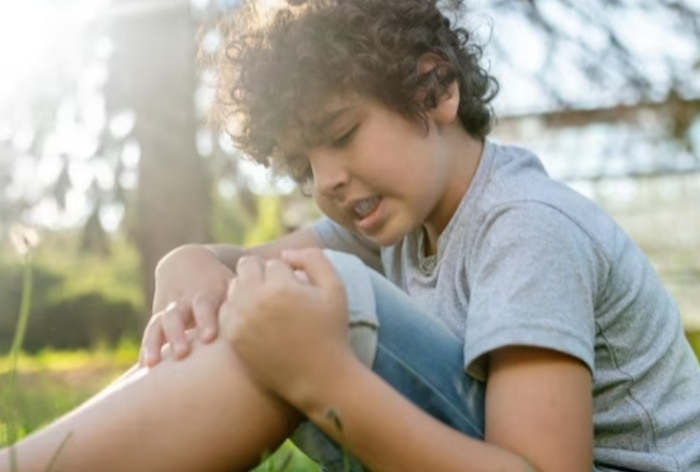Juvenile arthritis is age-neutral and can affect youngsters as young as two years old. It frequently manifests as morning stiffness and joint swelling and pain, which is frequently accompanied by warmth from the inflammation.
Juvenile Arthritis is a broad term that is used to describe joint inflammation among children under the age of 16. Occurring in about 1 in 1000 children, it is the most common reason for chronic arthritis during childhood. A study by SGPGIMS in 2014 found 282 confirmed cases of either joint pain, back pain or heel pain out of 2,059 children, suggesting that the problem of joint inflammation, whether chronic or not, is something at least 1 in 10 children suffer from.
Dr Chandrika Bhat, Consultant Pediatric Rheumatologist, Rainbow Children’s Hospital, Marathahalli, Bengaluru says, “While medication and physical therapy are crucial components in the treatment of this disease, a well-balanced diet is essential to alleviate the symptoms and improve the overall well-being of the child.” The expert shares natural ways to manage joint pain and swelling in your kids.
How to Manage Joint Pain And Swelling in Your Kids?
- Anti-Inflammatory Foods: Inflammation is the foremost symptom of arthritis, and it can be particularly painful for juvenile patients. Incorporating certain foods into their diet can help manage pain and mitigate the effects of inflammation. Foods rich in omega-3 fatty acids like flaxseeds, chia seeds, spinach and soy products. Leafy greens like spinach and kale are also rich in antioxidants, which help with inflammation. Berries, nuts and olive oil are also excellent choices to add additional flavours and anti-inflammatory properties to a regular child’s diet. Parents must not forget to minimize processed and sugary food consumption as they exacerbate inflammation.
- Nutrient-Rich Foods: In addition to addressing the symptoms of Juvenile Arthritis, children must be treated to a healthy diet of food rich in nutrients such as fruits, vegetables, whole grains, lean proteins and low-fat dairy. Vitamins and minerals such as calcium, vitamin D and magnesium are the building blocks of bone health and joint support.
- Hydration: Hydration plays a crucial role in maintaining overall health. While plain water in adequate amounts is sufficient, unsweetened fruit juices can also help to deliver antioxidants and essential nutrients to better equip children against arthritis.
- Portion Control: Children with juvenile arthritis may not be able to expend their energy through exercise. This leads them to gain weight very easily. Portion control helps maintain a healthy weight to alleviate the stress on joints, easing pain and avoiding further inflammation.
Healthy eating plays a vital role in both the prevention and management of a host of chronic ailments including joint inflammation and by extension juvenile arthritis. Parents need to lead by example and adopting a healthy lifestyle would encourage children to follow in their footsteps.
–>
